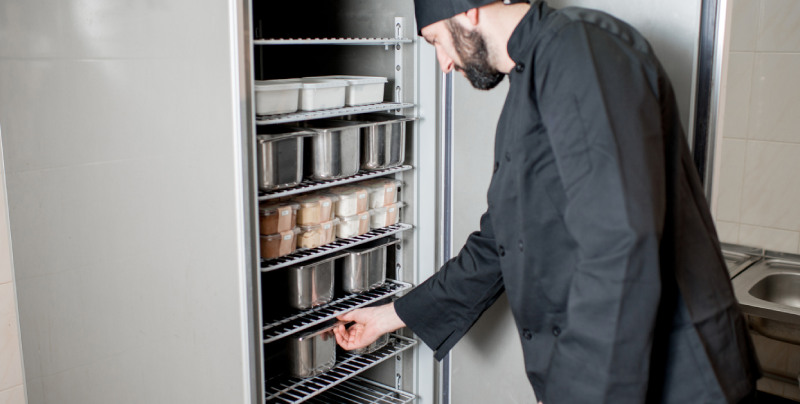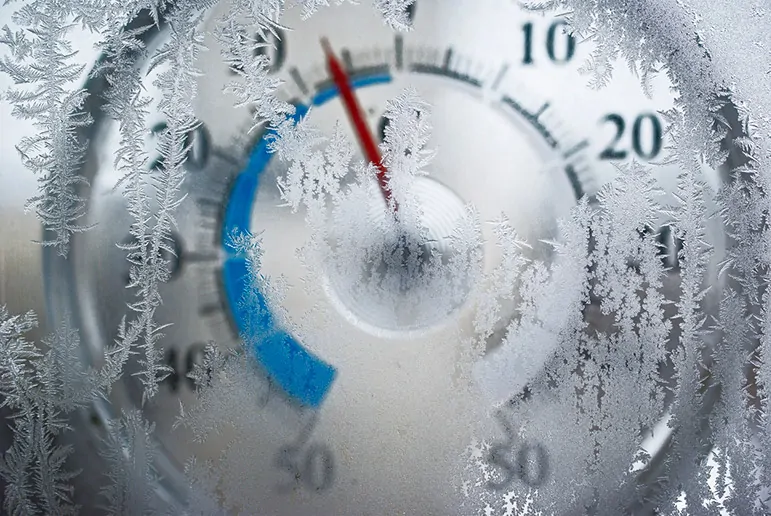
When looking to hire a refrigerated trailer, you may think you have all the ins and outs of refrigeration down. After all, we’ve all used domestic fridges and freezers in our kitchens. But in a busy, fraught working environment, knowing the finer details of the specific temperatures needed for different foods can save you from a lot of worry. This guide is here to take you through the dangers of having the wrong temperatures and help you understand how to solve these problems.
Does Chilling Food Kill Bacteria?
In short, no. What it does do though is make the bacteria grow slower which keeps it from harming you. Some foods are more susceptible to bacteria than others for example:
- Meat
- Rice (cooked)
- Eggs (cooked)
- Milk
- Seafood
Bacteria flourishes best from anywhere between 8°C and 63°C. This is why you must always make sure your fridge’s base temperature is set at 5°C or below. This prevents the bacteria from multiplying as much because even some bacteria grows at temperatures lower than 8°C.
An easy way to lower the risk of contamination in your fridge is to make sure it isn’t overstacked. Leaving room for air to circulate helps maintain the temperature of your fridge and ensures all your food is properly chilled.
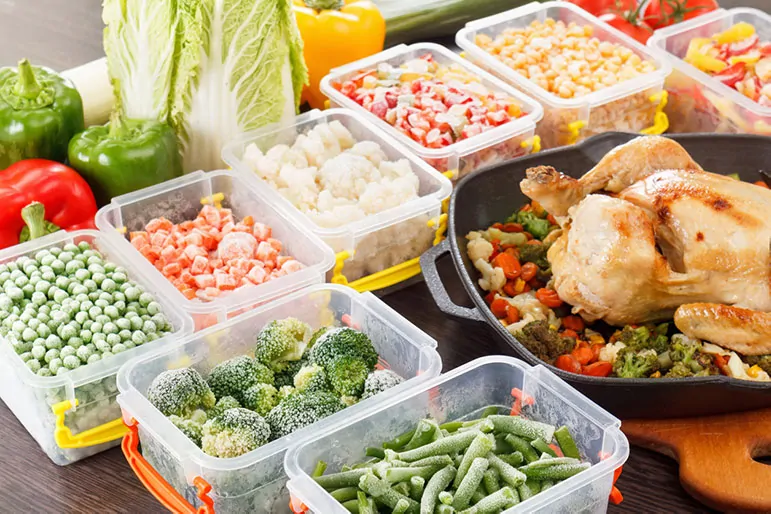
What If Food Isn’t Stored at the Right Temperature?
If the temperature in your refrigerated van or trailer is too high, the bacteria already living on the food will spread. This can cause bacterial infections and illnesses that will affect your customers and your business.
This where we come in.
Opening and closing the refrigerator door can also alter the temperature. We can offer some help by ensuring all of your produce is stored at the right temperature during transport. We ask for your preferred temperature as part of the booking arrangements and pre-set it whilst preparing your trailer for delivery. But you can help as well by being aware of how many times you are opening and closing the door. This will help you ensure products are being stored at the correct temperatures for example:
- Cold food on display 0°C – 7°C
- Cooked meat and cooked poultry at 0°C to +5°C
- Salad, fruit and vegetables at +5°C to +8°C
- Sandwiches at 0°C to +5°C
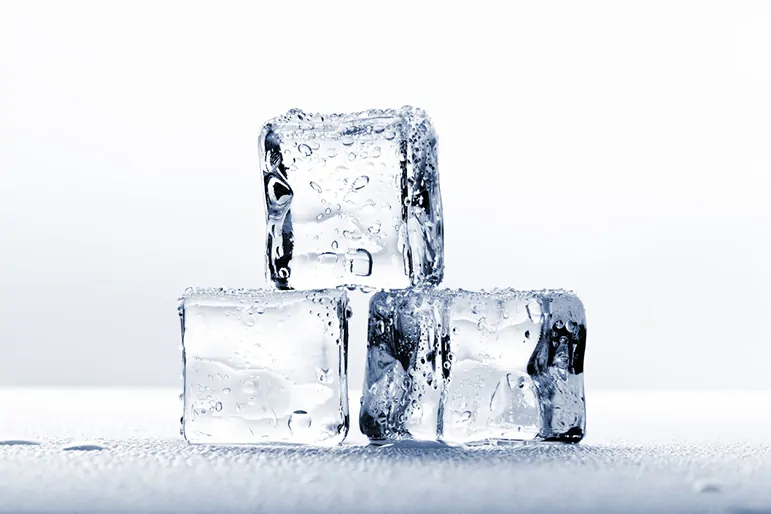
Outside of a refrigerator, different foods have different shelf lives.
Fruit and vegetables are fine for a couple of days as long as they are kept out of direct sunlight. When they are in the fridge however, they can last anywhere from 3 days (strawberries and string beans) to 8 weeks (apples). A comprehensive list of the shelf lives of fresh produce can be found here.
Raw and cooked poultry, meat and seafood should not be left out for more than two hours. Uncooked foods like sandwiches and cold salads should also be refrigerated as soon as possible if not eating immediately.
If you are using pre-made food from another supplier, make sure they have provided you with dates and times of when the food was prepared and how long it can be left out.
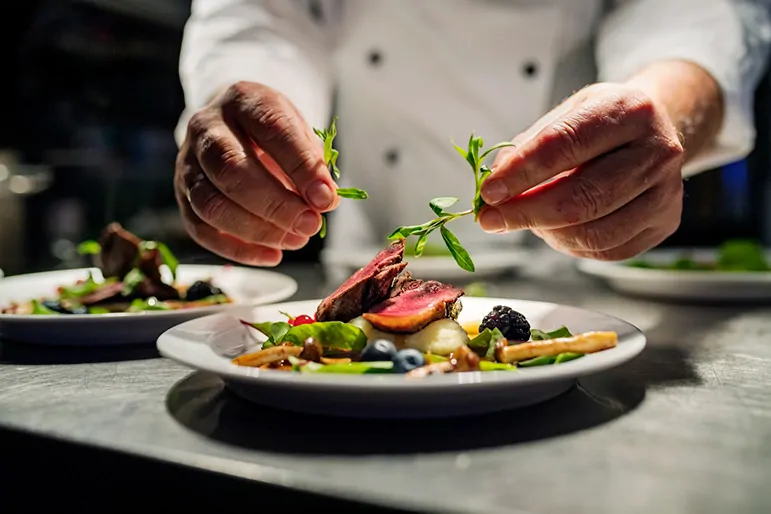
Are There Any Foods That Can’t Be Frozen in Our Freezer Trailers?
Some foods need extra attention if you are thinking about storing them for longer in one of our freezer trailers:
- Raw Eggs – never freeze raw eggs in the shell as the liquid expands and cracks the shell, spoiling the contents and risking bacterial contamination.
- Fried Foods – when defrosted, the crispy coating will become soft and mushy
- Carbonated Drinks (especially in glass) – when the water freezes, it pushes out the CO2; the gas pressure and the ice expansion can burst the glass, can or bottle.
- Already defrosted meat – the second defrosting will leech out moisture; bacteria can develop faster on food that has already been frozen and defrosted.
- Raw potatoes – a water-rich produce; when the water freezes and defrosts, the potatoes will become mushy and grainy
- Condiments such as mayonnaise – freezing will make the ingredients separate
Remember if your freezer gets too cold, ice can build up inside. This can reduce the storage space inside and the door won’t shut properly. Frost can also lead to freezer burn which damages the integrity of the stored food.
If you’re hiring a refrigerated van or trailer from us, we aim to give you peace of mind. We ensure all our equipment is operating at the highest standard. We do all we can to make sure the temperature is regulating at optimum efficiency when your van or trailer is delivered. It helps lessen the spread of bacteria and keeps your food fresh, giving you one less thing to worry about when you’re in the middle of a busy day.
For more information, here are our articles on food hygiene and organising your trailer for a busy kitchen.
- How to organise your commercial freezer trailer for a busy kitchen
- Food hygiene for your commercial kitchen

